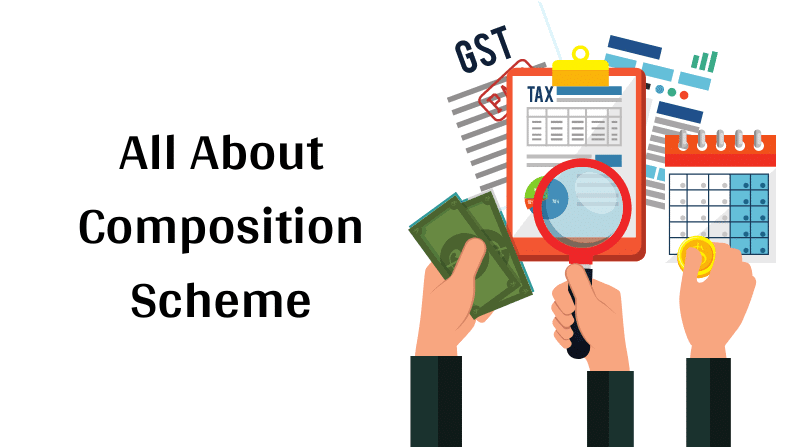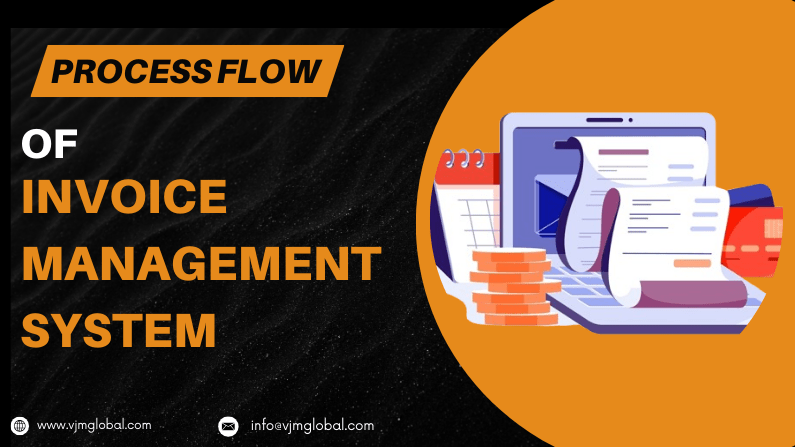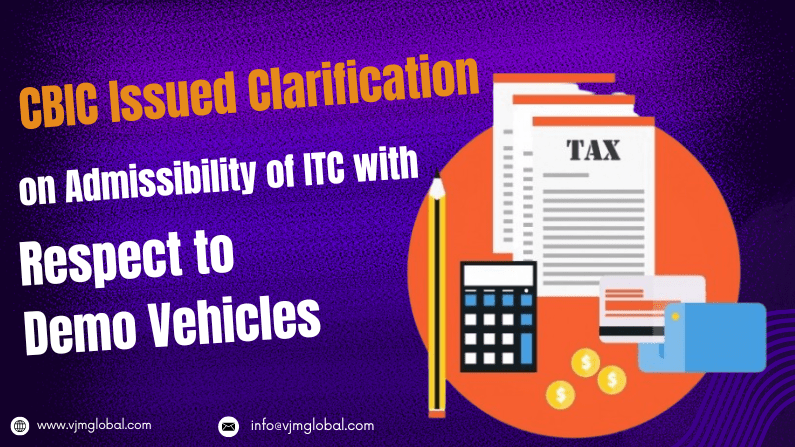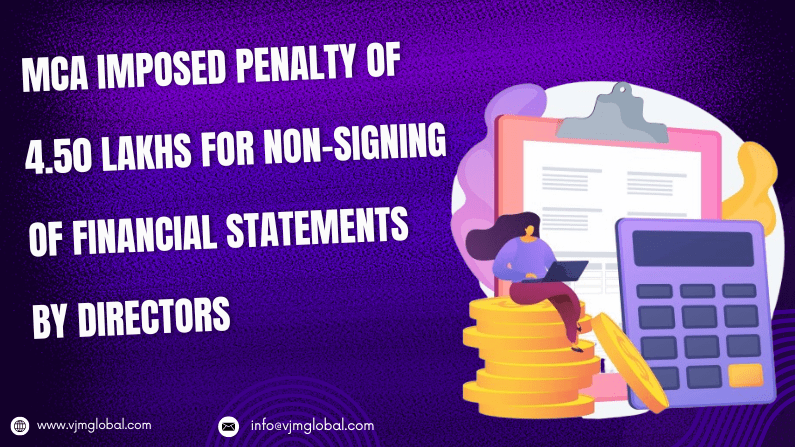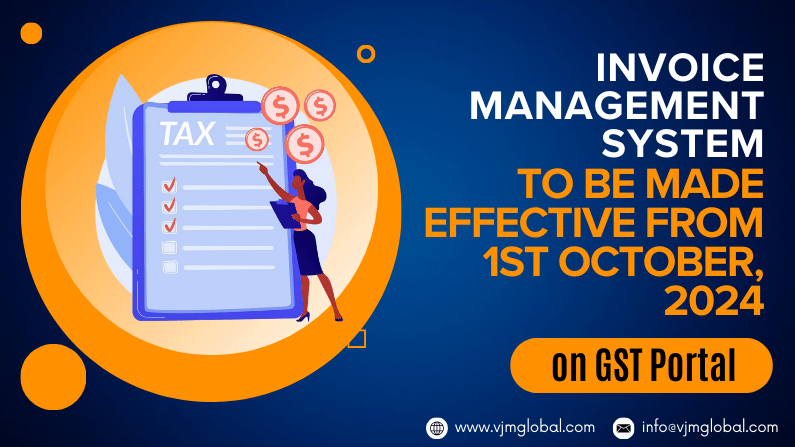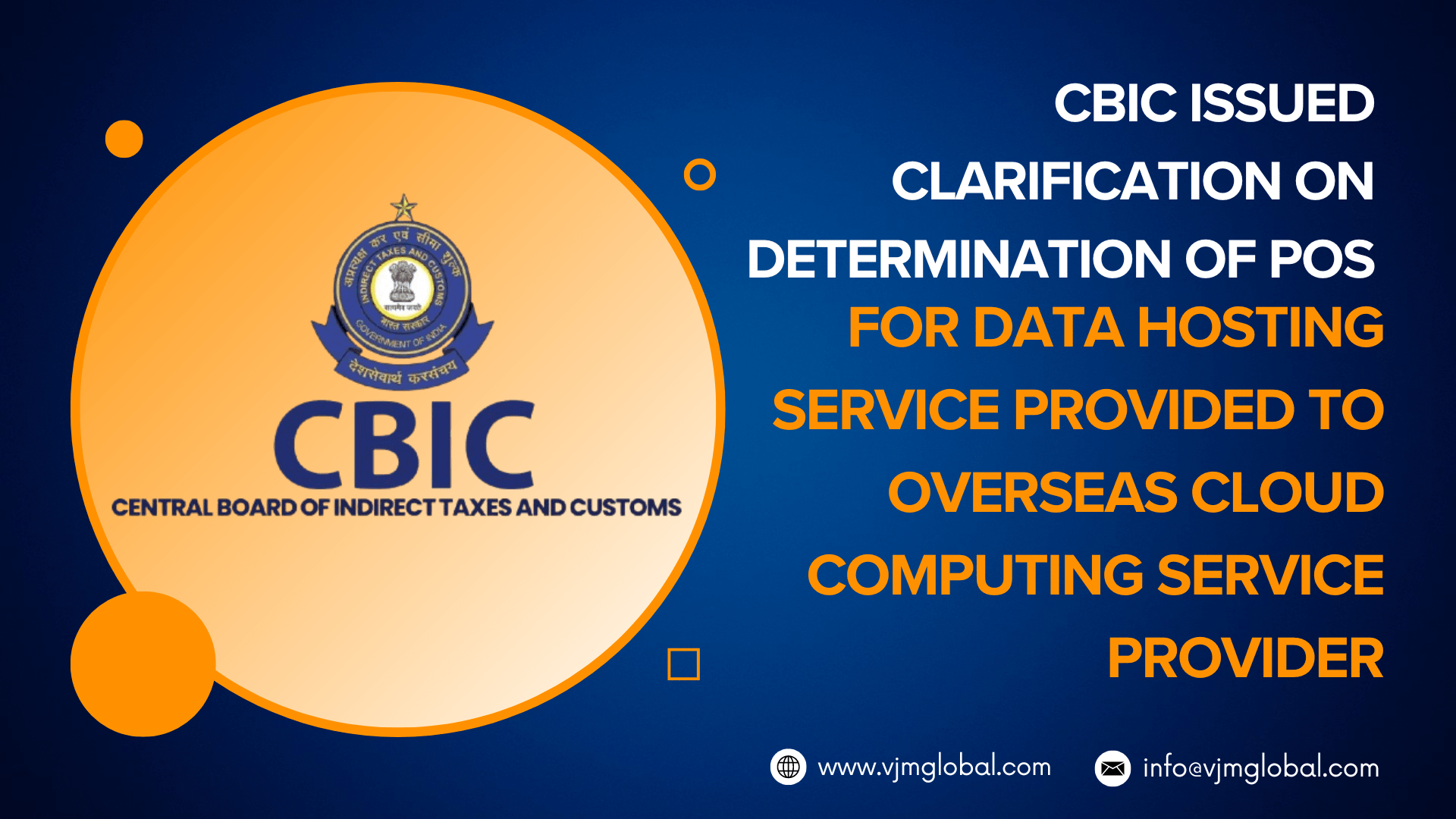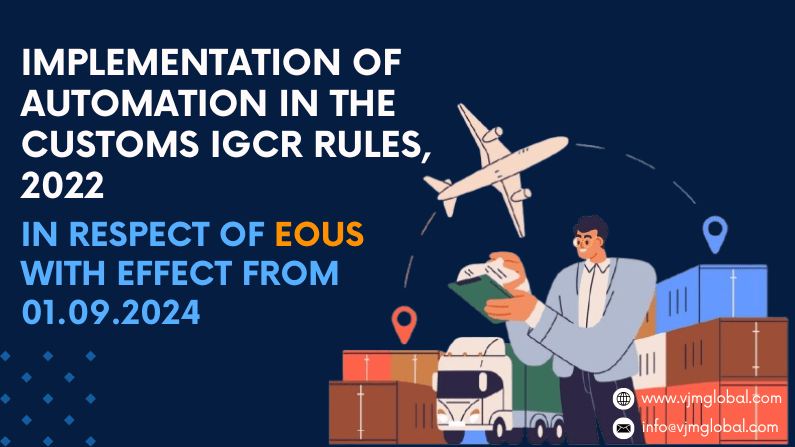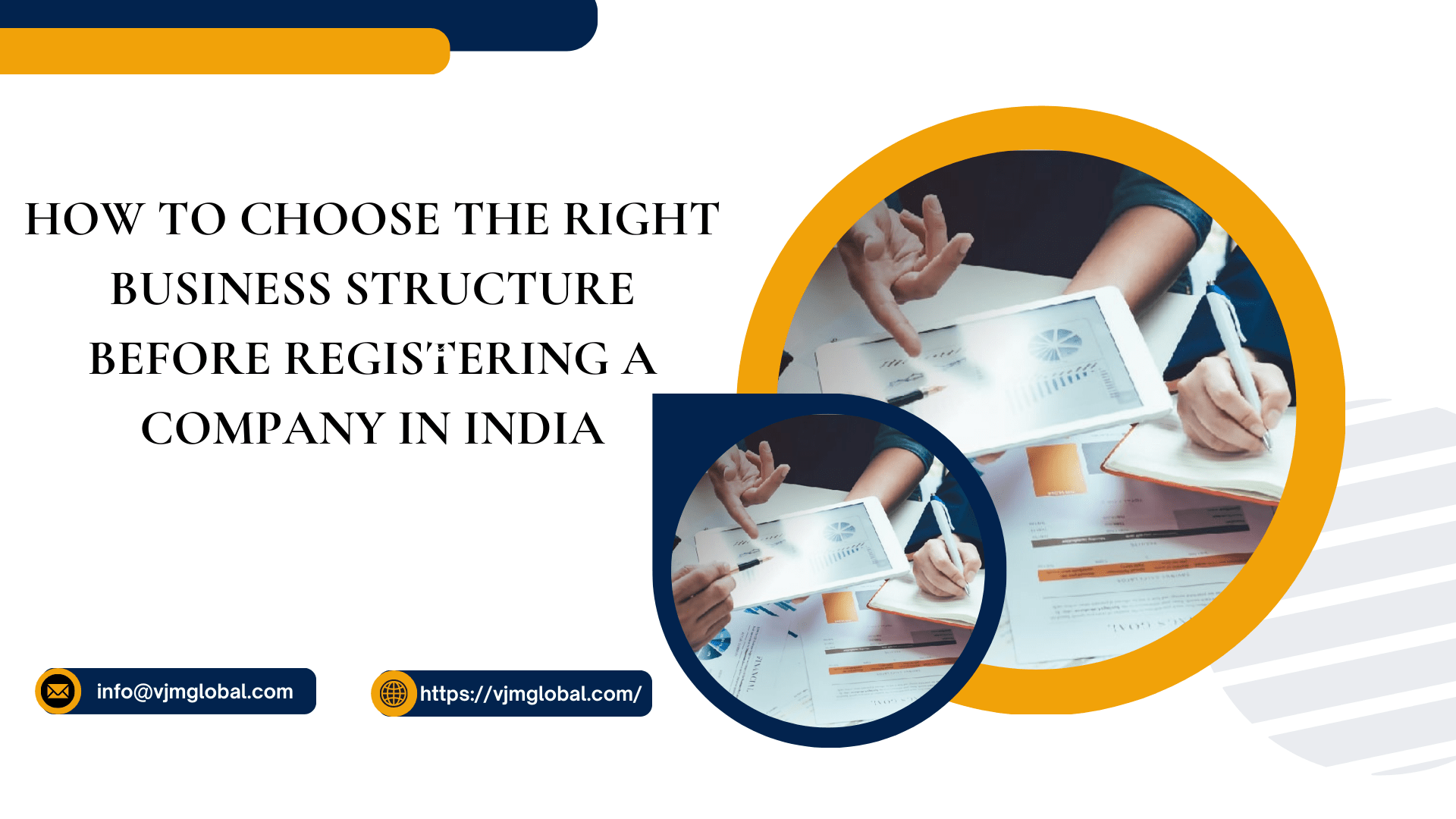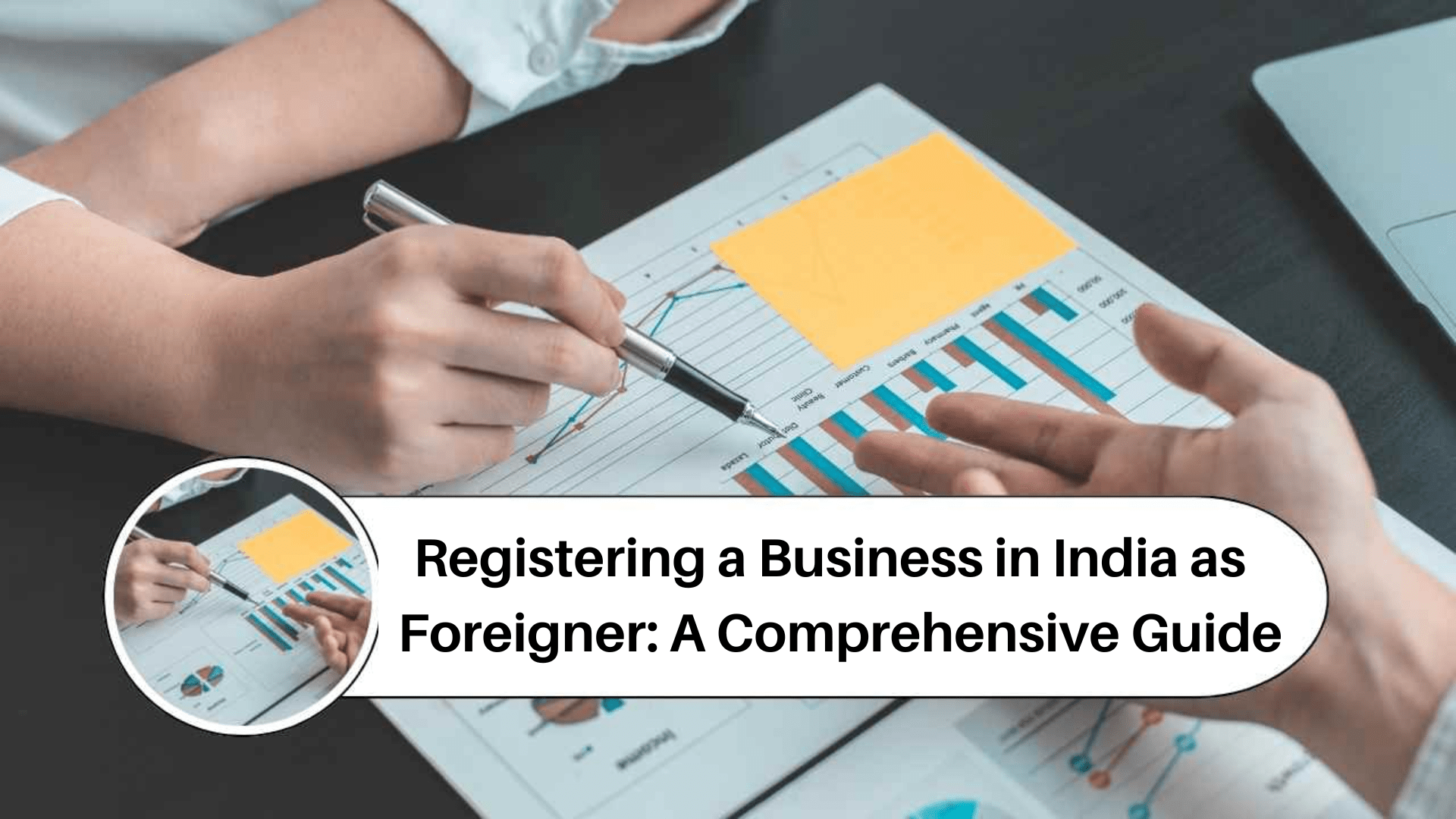Goods and Service Tax (“GST”) law has increased the compliances burden substantially. All registered persons are liable to pay GST and file GST return on a monthly basis. Further, maintenance of complete prescribed books of accounts such as Output Register, Input Tax Credit Register, Cash Ledger etc.can be a costly and difficult process for small taxpayers.
To simplify the GST compliance for small businesses, CGST Act provides for “Composition Levy” vide Section 10. Composition scheme is a simple and easy scheme under GST for small business owners. Small taxpayers can take advantage of this scheme. In this scheme, dealers are liable to pay GST at a fixed prescribed rate of turnover/sales.
Eligibility to opt for composition scheme is based on aggregate turnover and different threshold limits are defined depending on the nature of business you have.
In this article, we have discussed the Composition scheme through various questions and answers.
1. Eligible to opt for Composition Scheme
- For manufacturers and traders: Manufacturers and traders, with aggregate turnover till Rs.1.5 crore in the preceding financial year or in current financial year can opt for composition scheme. Once limit of aggregate turnover crosses 1.5 crores, the manufacture and traders will have to opt out of composition scheme and become regular tax payer (Amended with effect from 01.04.2019)
However, for special category states (Arunachal Pradesh, Manipur, Meghalaya, Mizoram, Nagaland, Sikkim, Tripura and Uttarakhand) threshold limit of aggregate turnover is INR 75 Lacs instead of INR 1.50 Crores.
- For restaurants not serving alcohol: For restaurants, not serving alcohol, for the purpose of opting composition scheme, aggregate turnover must not exceed INR 1.50 crores during preceding financial and doesn’t expected to increase INR 1.50 crores during current financial year. Read GST on restaurant here
- For Service providers: Initially composition scheme was applicable for persons engaged in trading of goods. However, with effect from 01.04.2019, dealers involved in supply of services were also allowed to opt for composition scheme vide N/No. 2/2019-Central Tax (Rate) dated 7th March, 2019.
Supplier of service is eligible to opt for composition scheme only if aggregate turnover during preceding year doesn’t exceed INR 50 Lacs. Also, dealers will be allowed to pay tax under composition scheme upto aggregate turnover of INR 50 Lacs made from 1st April of every financial year.
Once the above mentioned threshold limit is crossed, composition dealers will be considered to be opted out of the composition scheme for aggregate turnover over and above threshold limit.
For excess turnover, dealers will be liable to pay GST at regular rate.
| Type of Dealer | Aggregate turnover during preceding year | Aggregate turnover during current year |
| Manufacturers & Traders | Upto INR 1.50 Crores | Upto INR 1.50 Crores |
| Resturants not serving alcohol | Upto INR 1.50 Crores | Upto INR 1.50 Crores |
| Service providers | Upto INR 50 Lacs | Upto INR 50 Lacs |
Aggregate Turnover: For the purpose of computation of threshold limit calculation, aggregate turnover, i.e., turnover for all units registered under the same PAN, shall be considered. It is sum of value of all outward supplies falling in the following four categories:
- Taxable supplies
- Exempt supplies
- Exports of goods or services or both
- Inter-state supplies,
However, it doesn’t include the value of inward supplies on which tax is payable by a person on a reverse charge basis & Taxes including cess paid under GST law.
2. Benefits of composition schemes
- Reduced tax payments as GST under composition scheme is paid at very least rate as compared to GST rates applicable for regular dealers.
- Lower compliance requirements: Every regular dealer is required to file GSTR-3B on monthly basis and GSTR-1 on monthly/quarterly basis. However, every composition dealer is required to GSTR-4 on quarterly basis.
- Increased liquidity as payment of GST is to be made at reduced rate, therefore, it increases liquidity of taxpayer
- Less paperwork as the GST composition scheme eliminates a lot of red tape and paperwork which works well for a small business
3. Drawbacks of composition schemes
- No Input Tax Credit: Benefit of composition scheme is granted subject to the condition that dealer opting for Composition scheme is not eligible to avail ITC. Rationale for not granting ITC is imposing GST at a lower rate.
- No Collection of Tax: Composition Dealers are not allowed to collect tax amount from its customers.
- No Interstate transfer: Dealers engaged in inter-state supply are not allowed to opt for composition schemes. Therefore, if post opting for this scheme, a dealer makes inter-state supply then he shall be considered as opted out of such scheme from such date.
4. Dealer Non-eligible to opt for the Composition Scheme
- Producer of pan masala, or tobacco, ice cream
- Non-resident taxable person
- Casual taxable person: Casual taxable persons are those who occasionally involves in supply of goods or services in state and such person has no fixed place of business in such state.
- The person supplying goods through an e-commerce operator
- Taxpayer supplying exempt supplies
- Any person engaged in manufacturing of Ice Cream, Pan Masala and Tobacco products.
5. Conditions for availing Composition Scheme
- No Input Tax Credit can be claimed by a dealer opting for composition scheme
- Composition dealers cannot supply goods which are not taxable under GST such as alcohol.
- If a taxable person has different segments of businesses (such as textile, electronic accessories, groceries, etc.) in different states under the same PAN, then dealer is required to opt composition scheme for all the segments in all the states simultaneously.
- Composition dealer are liable to pay GST under RCM wherever applicable.
- The words ‘composition taxable person’ must be written on every bill of supply issued by the taxpayer.
6. Issuance of Invoice by Composition Dealer
A composition dealer cannot issue a tax invoice. He cannot charge tax from their customers. They need to pay tax out of their own pocket. Hence, the dealer has to issue a Bill of Supply. Composition dealer is required to mention “Composite Taxable Person” on all of its invoices.
Details to be mentioned in the bill of supply are as follows –
- Name, address, and GSTIN of the supplier
- A consecutive serial number which is a unique number for every financial year
- Date of issue
- If the recipient is registered then the name, address, and GSTIN of the recipient
- HSN Code of goods or Accounting Code for services
- Description of goods/services
- Value of the goods/services after adjusting any discount or abatement
- Signature or digital signature of the supplier or his authorized representative
7. GST returns filing under composition scheme
Under GST, composition schemes reduce the burden of tax filing substantially. Compliances for composition dealers have changed completely from FY 2019-20 onwards. Following returns forms are applicable for composition dealer:
| Period | GSTR Form | Nature of Form | Due date of return filing |
| Till FY 2018-19 | GSTR-4 | Quarterly return for Composition dealer | 18th of the month following corresponding quarter |
| GSTR-9A | Annual return for composition dealer | 31st December of the following financial year. | |
| FY 2019-20 Onwards | GST CMP-08 | Quarterly Statement for Payment of Self-assessed Tax by Composition Taxpayer. | 18th of the month following corresponding quarter |
| GSTR-4 | Annual Return for Financial Year by Composition Taxpayer | 30th of April of Financial year following the corresponding FY |
Note: Due to Pandemic COVID-19, date for FY 2019-20 of GSTR-4 has been extended till 31st August, 2020
8. Tax rates applicable for the composition scheme
Applicable GST Rates under GST Composition Scheme
| Type of Business | CGST | SGST | Total GST |
| Manufacturers and traders of goods | 0.5% | 0.5% | 1% |
| Restaurants (not serving alcohol) | 2.5% | 2.5% | 5% |
| Service Providers | 3% | 3% | 6% |
9. Difference Between Composition GST & Regular GST Schemes
| Subject | Composition Scheme | Regular Scheme |
| Input Credit adjustment | Input tax dealer is not allowed to avail ITC of GST paid on purchases whether under regular charge or reverse Charge | Dealer not opting for composition scheme are allowed to avail ITC paid under forward charge and reverse charge. |
| Sale | They cannot make interstate sales. The sales are restricted to intra state (within registered state) | They can make Interstate sales as well as intra-state sales. |
| Tax Rate | Lower rate of tax is applicable (like 0%, 1%, 2%, 5% and 6%) | Higher rate of tax is applicable (like 0%, 5%, 12%, 18% and 28%) |
| Filing of Return | Quarterly payment of taxes using GST CMP-08 Annual Return need to be filed in GSTR-4 | Return of outward supply in GSTR-1need to be filed on monthly/quarterly basisSummary of Tax liability should be filed in GSTR-3B on monthly basis.Details of auto-generated Inward Supply can be obtained through GTR-2A (Automatic)Annual Return GSTR-9 |
| Restrictions on SEZ | Composition Scheme person cannot make any supplies to SEZ as they are considered as Inter-state supply | No Restrictions for Exports or supply to SEZ, and SEZ developers. |
| Restrictions on Entry / Exit | Can opt-out from composition any time throughout the year. | Can opt into composition only at a prescribed time ( end to financial year) |
10. Procedure for opting composition scheme
10.1 Obtaining fresh registration
If the person is taking fresh registration under GST Law and wants to opt for composition scheme, he must fill Part B of form GST REG-01.
10.2 Switching from Normal scheme to Composition Scheme
- GST CMP-02 (Intimation of willingness to opt for Composition Scheme)
If the person is already registered under normal scheme and later on he opts to pay GST under composition scheme, then he must file an intimation in form GST CMP-2. Intimation should be filed prior to commencement of Finance Year. E.g. If a person wishes to opt for a Composition scheme for FY 2020-21, then GST CMP-02 must be filed upto 31.03.2020.
Taxpayer is not required to file fresh GST CMP-02 for each year.
Due to Pandemic COVID-19, Due date for FY 2020-21 was extended till 30.06.2020.
- GST CMP-03 (Intimation of details of stock on date of opting for composition levy)
Taxpayers opting for composition schemes need to file details of stock held by him on date immediately preceding the date of opting composition scheme. E.g. If a taxpayer opts for a composition scheme with effect from 01.04.2020 then details of stock held on 31.03.2020 need to be furnished in form GST CMP-03.
GST CMP-03 should be filed within 90 days from date of opting for composition scheme.
- GST ITC-03 (Details of stock and inward supplies from registered and unregistered persons)
Person opting for composition scheme is not entitled to claim ITC of GST paid on procurement. Therefore, if the taxpayer holds any stock on date of opting for composition scheme then he is required to pay an amount equal to ITC claimed with respect to such stock . Payment can be made using cash or credit ledger.
ITC corresponding to such stock is required to be reversed through form ITC-03. ITC-03 should be filed within a period of 60 days from date of opting for composition scheme. containing the details about ITC related to inputs, semi-finished and finished goods held in stock.
For FY 2020-21, due date of filing GST ITC-03 extended till 31.07.2020.
11. Withdrawal from the scheme of composition
- GST CMP-04-Intimation/Application for Withdrawal from Composition Levy
A person shall continue to pay tax under composition scheme till the time he satisfies all underlying conditions. Taxpayer shall be liable to pay GST under normal scheme from the date he ceases to satisfy any of the conditions.
Taxpayer shall file an intimation of withdrawal in form GST CMP-04 within 7 days from such date.
- GST ITC-01 Declaration for claim of input tax credit under sub-section (1) of section 18
Taxpayer opting out of composition scheme shall file details of stock held on date when the option is withdrawn. GST ITC-01 should be filed within 30 days from date of withdrawal of option.
12. Penalty and interest in GST Composition Scheme:-
12.1. Not filing Return on Due Date
Taxpayers do not file their returns within specified due dates mentioned, he is obliged to pay a late fee of Rs. 50/day (in case of any tax liability) and Rs. 20/day (in case of Nil tax liability) subject to a maximum of Rs. 5000/-, from the given due date to the actual date when the returns are finally filed.
12.2. Interest on late payment on taxes by composition dealer
- Interest will be applicable at the rate of 18% if the payment is not done within the due date
- A rate of 24% interest will be applicable in the case when a taxpayer claims excess of input tax credit or makes a reduction in the output tax liability
12.3. In case of Fraud by composition dealer
For those who have committed fraudulent activities intentionally w.r.t. the provisions of GST, then he/she shall be liable to pay 100% penalty, i.e. an amount equivalent to the amount of tax evaded or short deducted, subject to a minimum of Rs. 10,000/-. However, where there is no fraudulent intent involved, i.e. the tax evasion is done unintentionally, then the penalty shall be levied equivalent to 10% of tax amount, subject to a minimum of Rs. 10,000/-.
13. FAQs on GST Composition Scheme
13.1 Can a composition dealer purchase goods from an inter-state supplier?
Yes, of course, a person who has opted for a composition scheme can procure goods from an inter-state supplier without any restrictions. Composition scheme prohibits dealers from making inter-state supplies.
13.2 Can filed GSTR 4 return be revised?
Revision of GSTR-4 is not possible after filing on the GSTN Portal. Any mistake in the return can be revised in the next month’s return only.
For example, a mistake is made in the GSTR-4 filed for the July-September quarter. The rectification for this mistake can only be done when filing the returns for the next quarter.
13.3 Is it mandatory for a Composition Dealer to maintain detailed records?
No, it is not mandatory for a registered Composition dealer to maintain detailed records as needed by a normal taxpayer.
13.4 Can a person avail ITC on the stock after being denied to pay tax under composition from an authorized officer?
Yes a person can still avail ITC by filing a statement in FORM GST ITC-01 (containing details of input stocks along with the inputs contained in semi-finished or finished goods present in stock) on the date on which the option is refused as per order in FORM GST CMP07, within a period of thirty days from the order
13.5 When does an individual who opted for composition, pay tax?
An individual who opted for composition pays tax on a quarterly basis prior to the 18th of the subsequent month of the quarter during which the supplies were made.
13.6 Can a Composition Dealer collect tax from customers?
No, a Composition Dealer has to pay taxes from his own sources, and he is not eligible to recover the composition tax from the buyer
13.7 How is availed input credit treated when one switches on to Composition Scheme from the normal scheme?
In such a case when a person switches on to composition scheme from normal scheme, he/ she becomes accountable to pay an amount equal to the credit of input tax claimed with respect to goods held on date immediately before date of opting for composition scheme through filing in form GST ITC-03. Payment can be made using credit or cash ledger.

